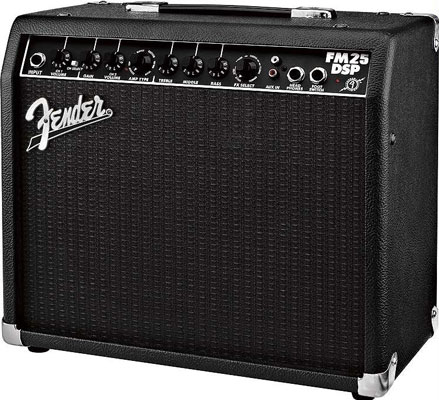There are many things to consider when choosing among amp styles for electric guitar. The type of amp is defined by the sound-producing technology it uses, and the technology used affects the way your music sounds. So when shopping for an amp, you should be aware of what’s under the hood.
Tube amps
Vacuum tubes are the big, glass cylinders in amps that glow orange and get hot the more they’re used. Playing through tubes makes you believe the amp is playing along with you — that it feels your notes as you do. Some potential drawbacks of tube amps include
Cost: Tube amps tend to be more expensive.
Weight: Tube amps are heavy.
Burn out: Tube amps tend to burn out more often and need more maintenance.
Replacement parts: You might have to hunt far and wide to find new tubes.
Although tube technology is old and virtually obsolete, except in amp design, you simply can’t beat it for producing dynamic, musically responsive tone.

Solid-state amps
One budget-conscious amp choice is the solid-state amp. This amp style uses transistors and printed circuit boards in its technology. This is the most popular type of amp, and many performers actually prefer its tone — including the distorted sound. Solid-state amps are also light, reliable, consistent, inexpensive, and provide a wide range of tonal and effects possibilities.

Hybrid amps
A hybrid amp combines both tube and solid-state circuitry. In a hybrid amp, the preamp uses a tube to create the initial sound, and the power amp uses solid-state circuitry to drive the speakers. This method uses the tube where it has the most effect on the sound. This is a great for both your wallet and your biceps!

Digital-modeling amps
For tubeless amps, which are cheaper and often lighter, you can also choose digital-modeling amps, which use computer modeling to create their sounds. Digital amps have a wealth of effects and flexibility associated with them. Modeling technology has the advantage of being able to imitate sounds, so modeling amps can emulate a tube-amp sound quite convincingly.







